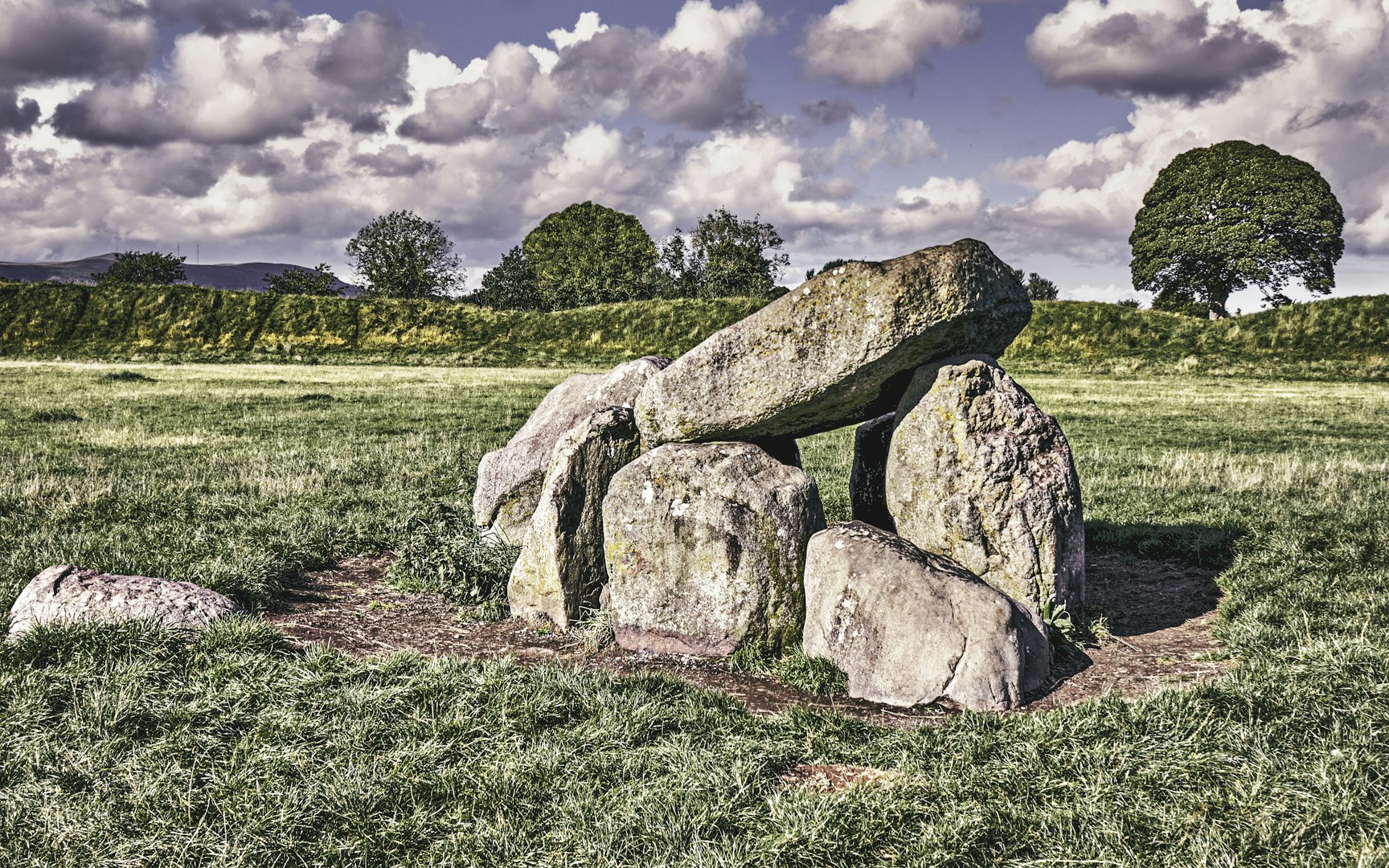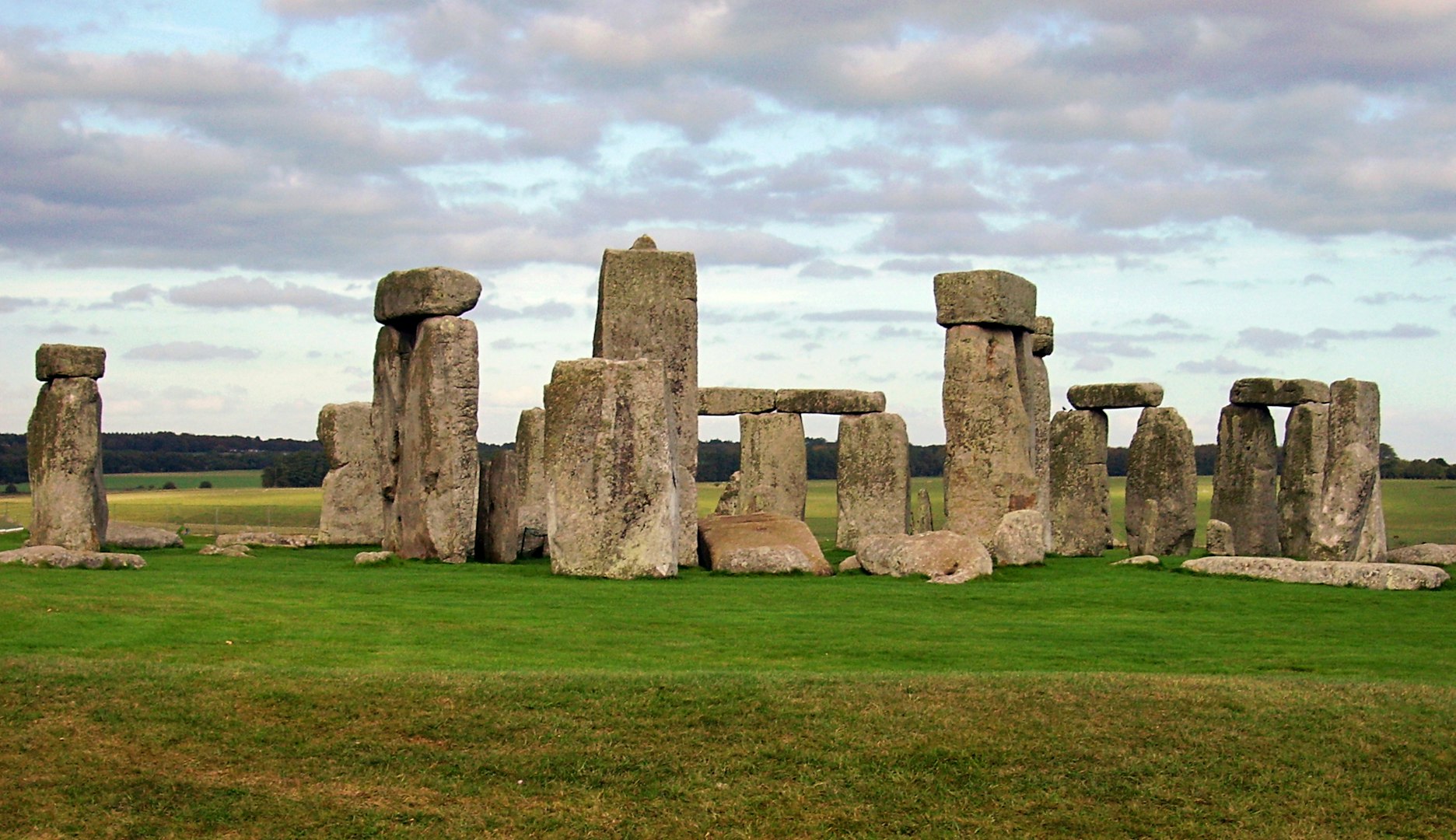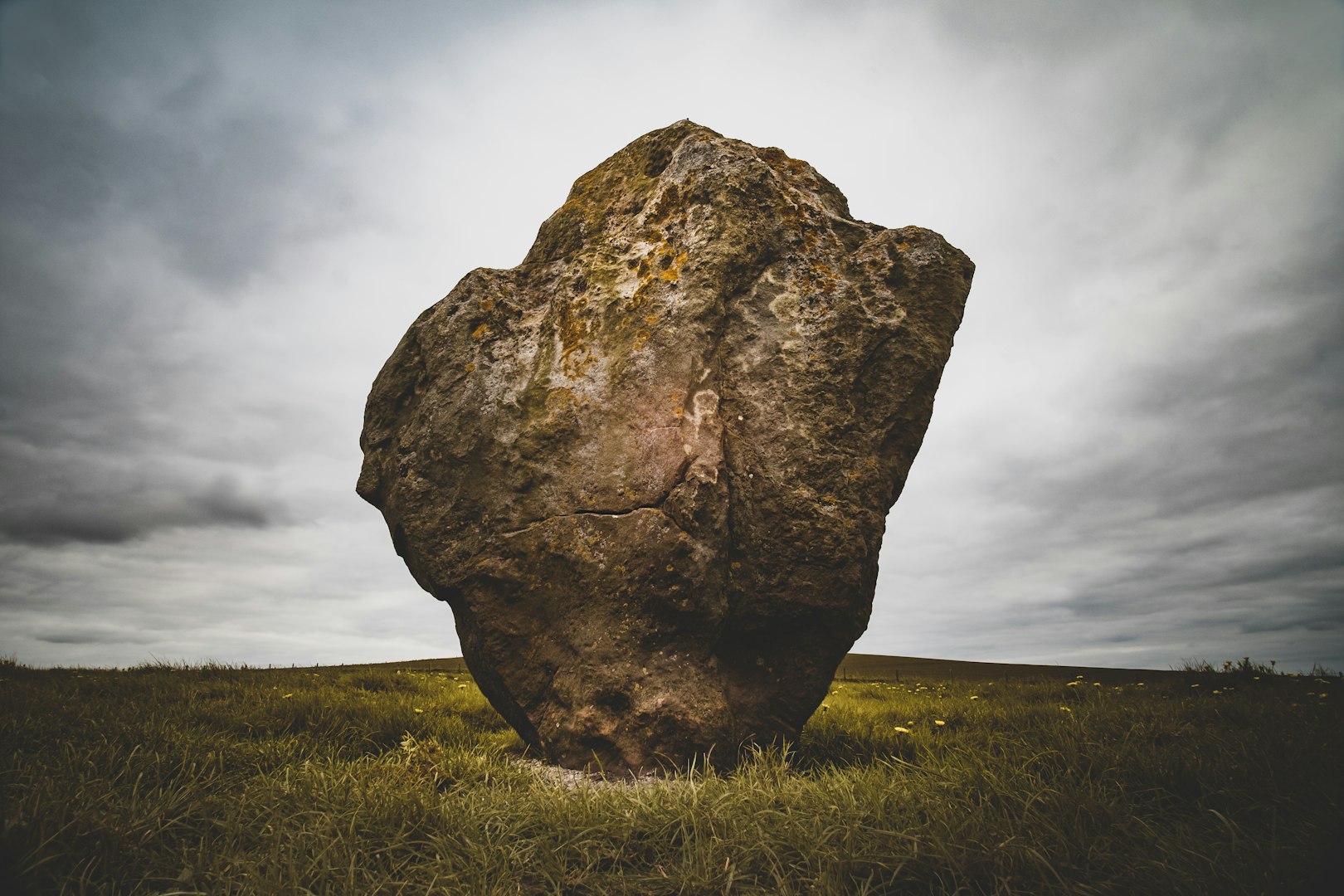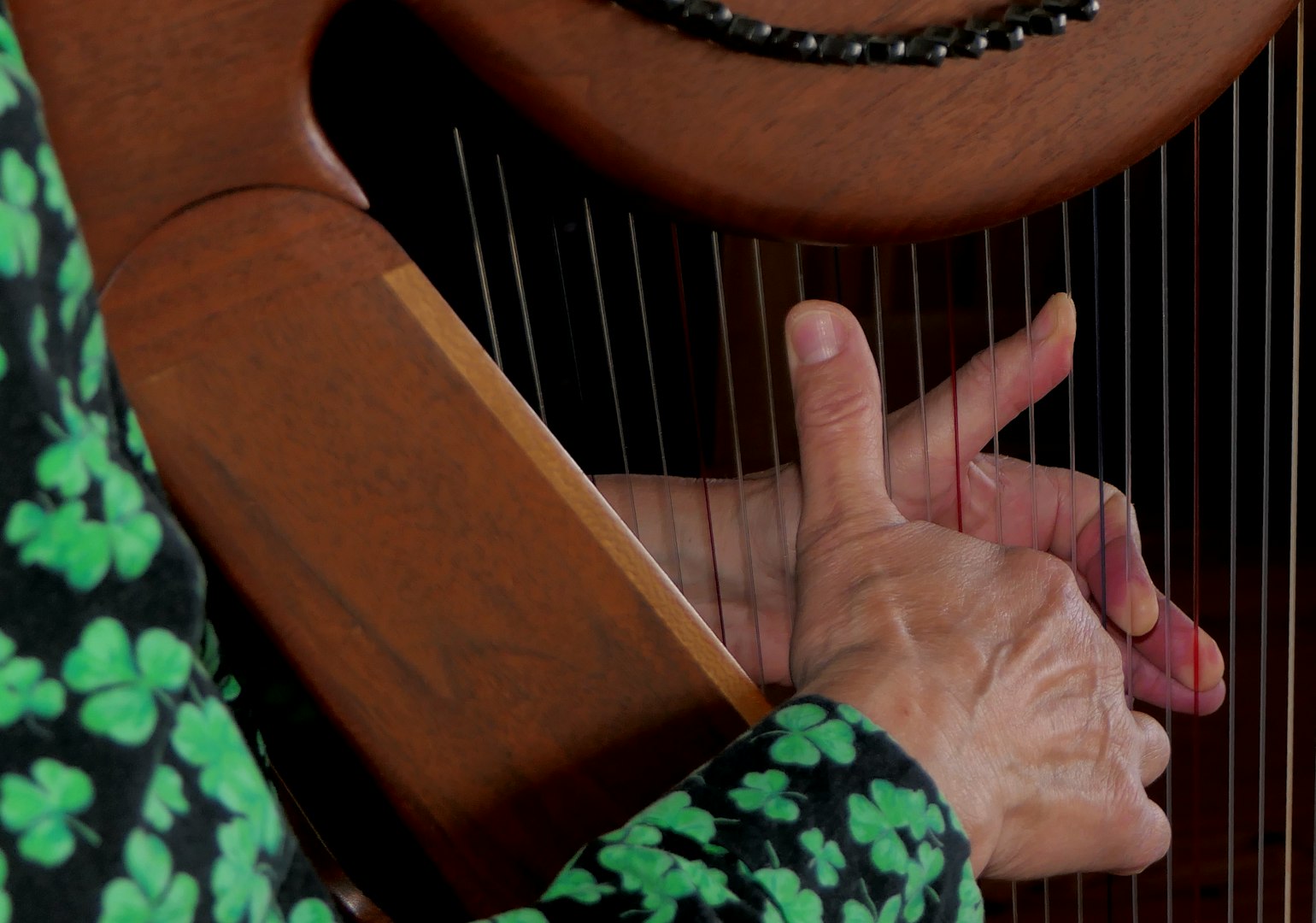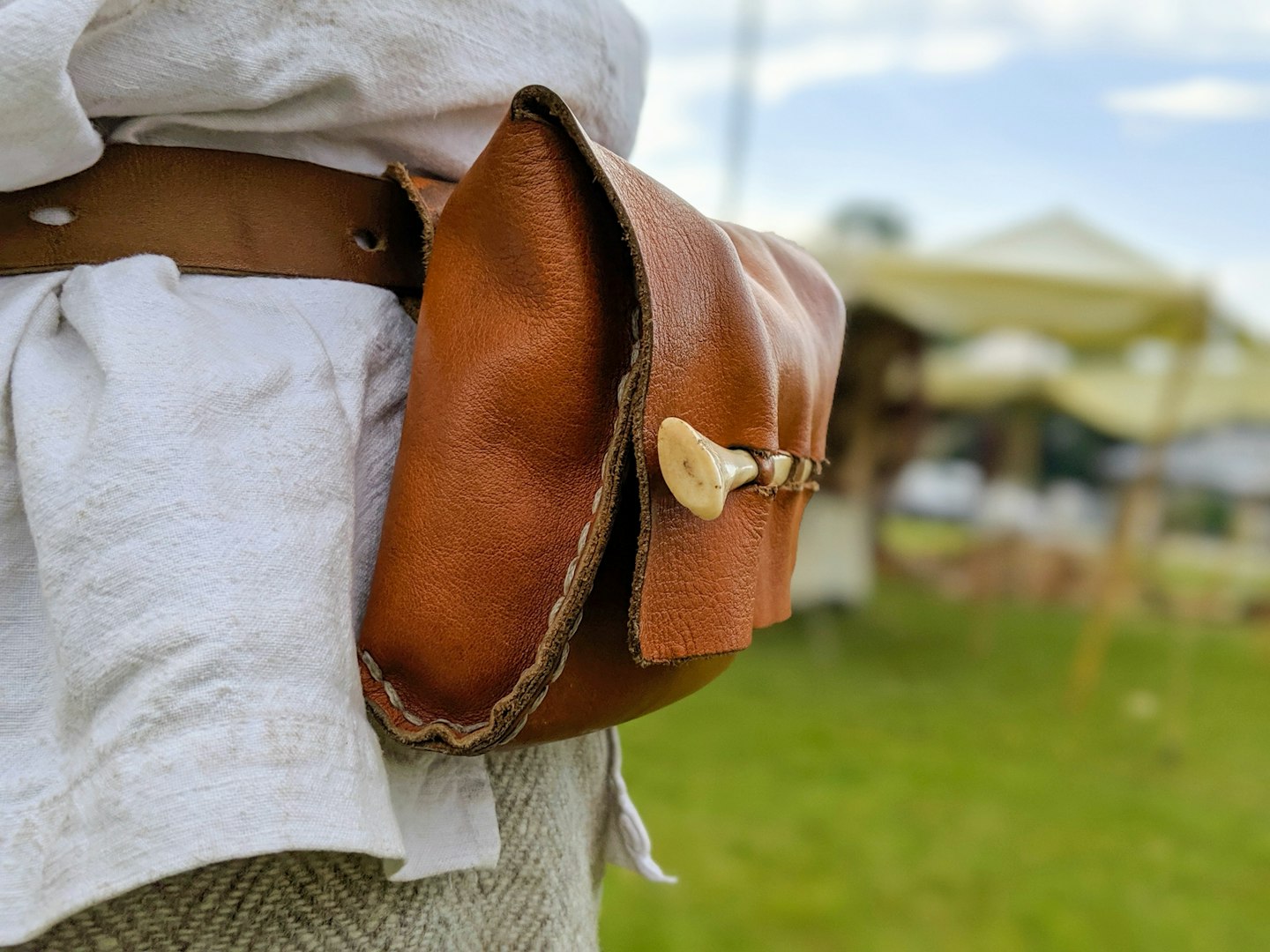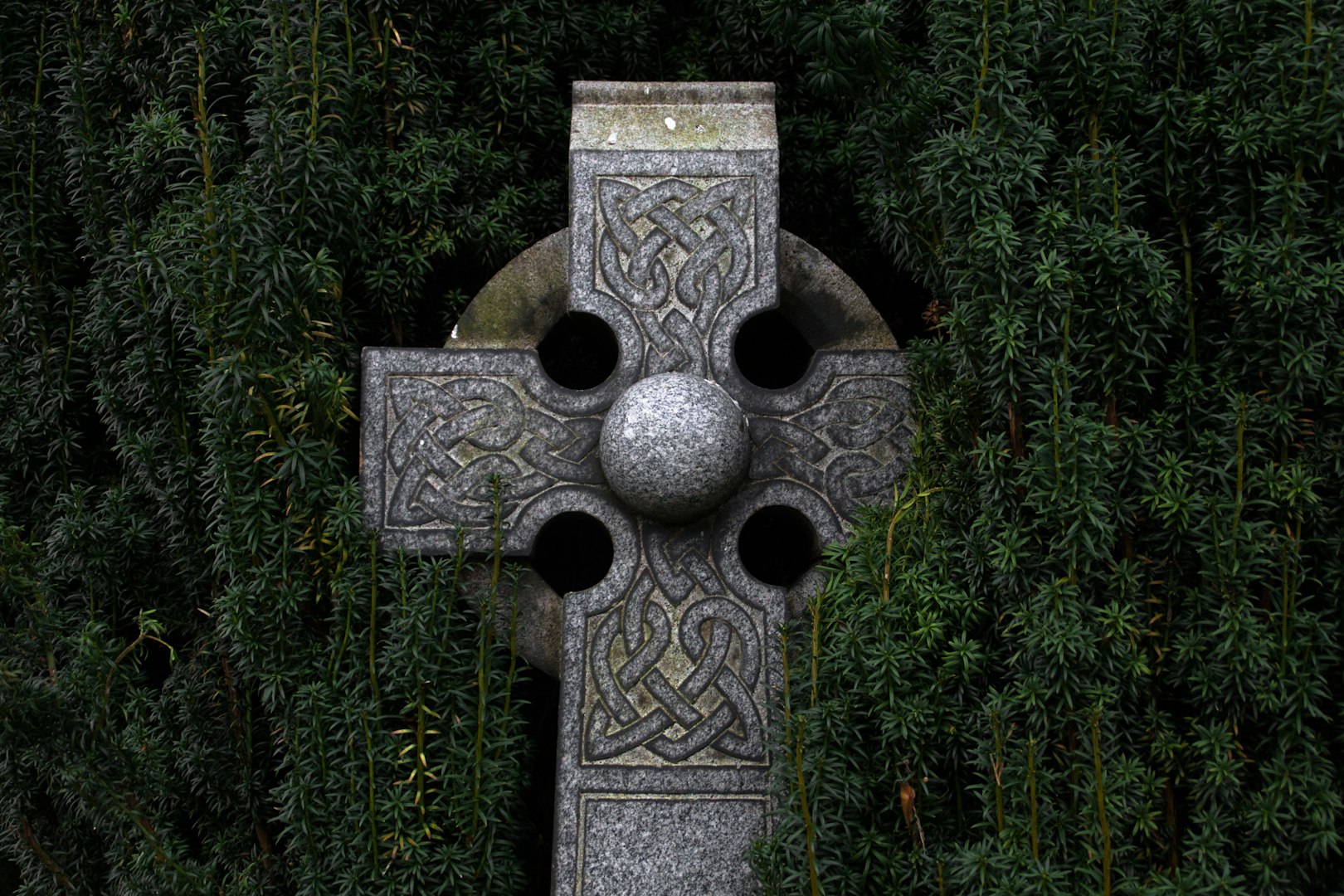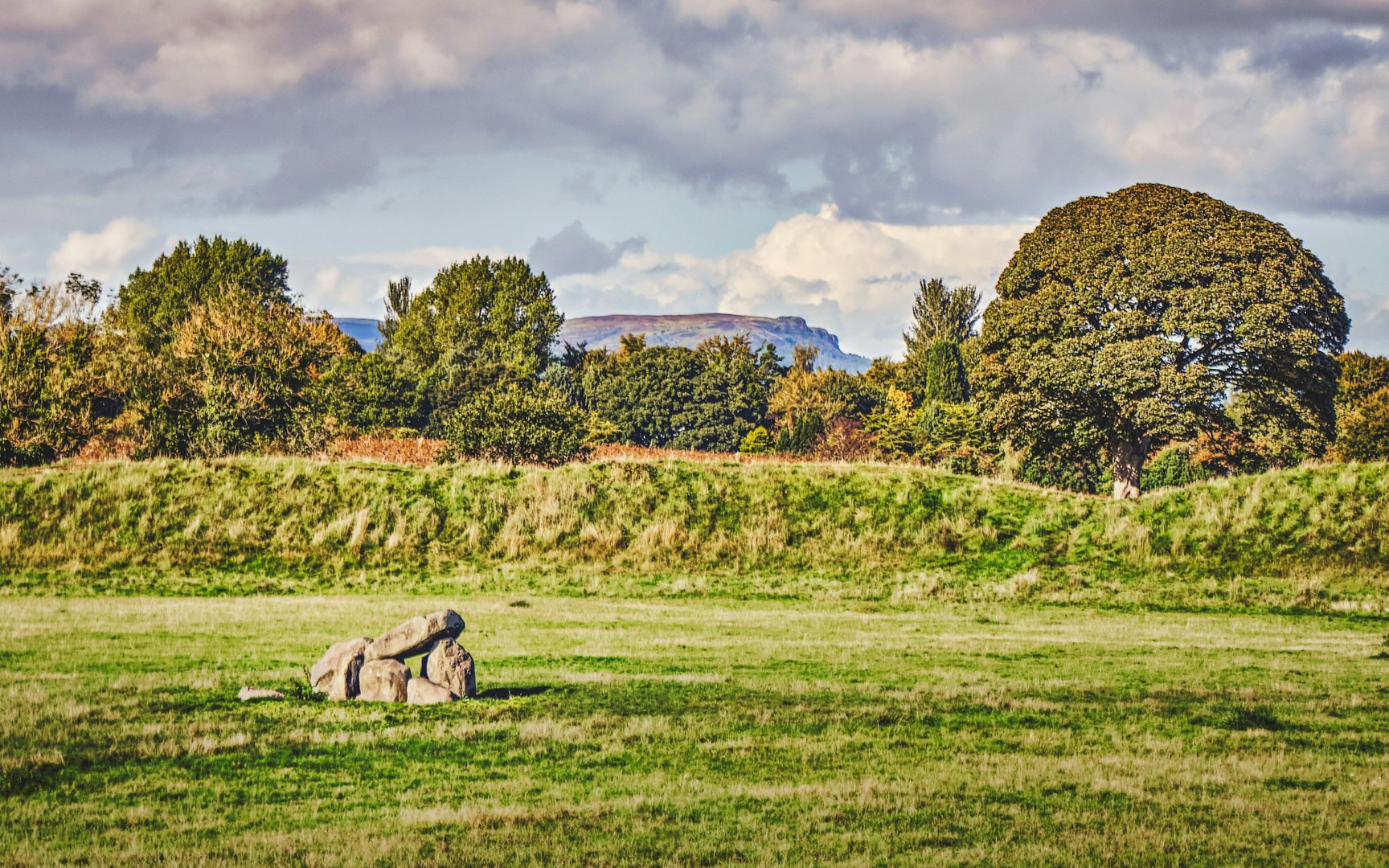
Era Echo
Celts: Celtic Origins
In this episode of Era Echo, we delve into the rich history of Celtic
culture, tracing its evolution from the Bronze Age to the Iron Age. We
begin by addressing the challenges in pinpointing the origins of Celtic
culture, given its widespread presence and diverse influences across
Europe.
The term "Celts," originally a Greek designation for
"barbarian," sets the stage for our exploration of their role during the
Bronze Age Collapse. We then focus on the Urnfield Culture, an early
manifestation of Celtic identity characterized by bronze weaponry, hill
forts, and the spread of influence throughout the continent.
Next,
we transition to the Hallstatt Culture, notable for advancements in
ironworking and the development of a more complex social structure. We
emphasize the significance of salt mines in the region, which played a
crucial role in fostering wealth and expansion. The Hallstatt culture is
divided into four distinct periods, showcasing its evolution and
eventual transition to the La Tène Culture.
Finally, we discuss
the La Tène Culture, renowned for its elaborate weaponry, advanced art,
and the emergence of distinct social classes. We highlight the influence
of neighboring cultures, including the Mycenaean Greeks and the Greeks
of Massilia (modern-day Marseilles).
Join us as we provide a
comprehensive overview of the development of Celtic culture, emphasizing
its key characteristics, historical periods, and diverse influences
that shaped its legacy.

